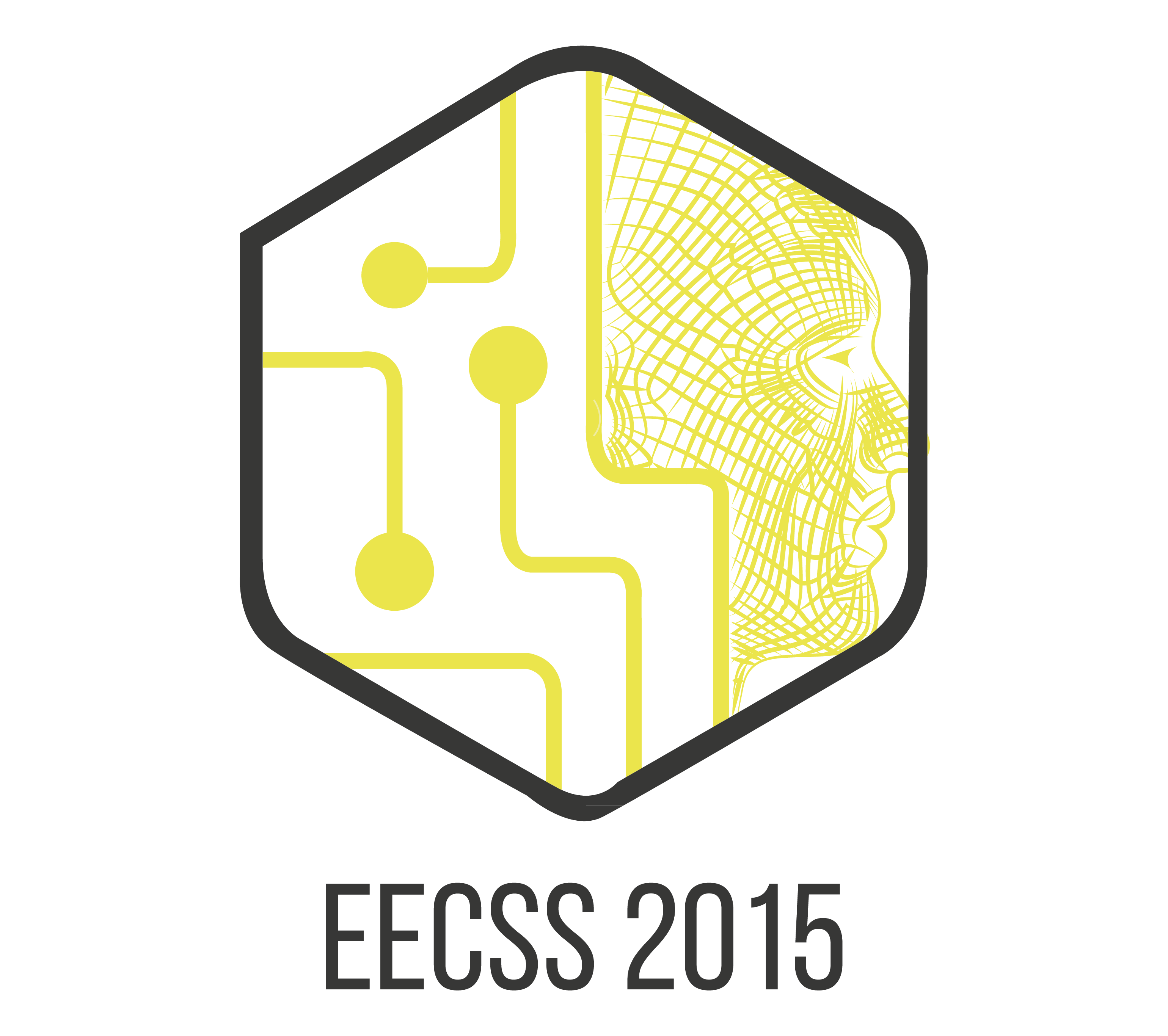Search Papers:
The keynote information for the World Congress on Electrical Engineering and Computer Systems and Science (EECSS'15) is as follows:
-
MHCI'15 Keynote Speakers:
Dr. George C. Polyzos
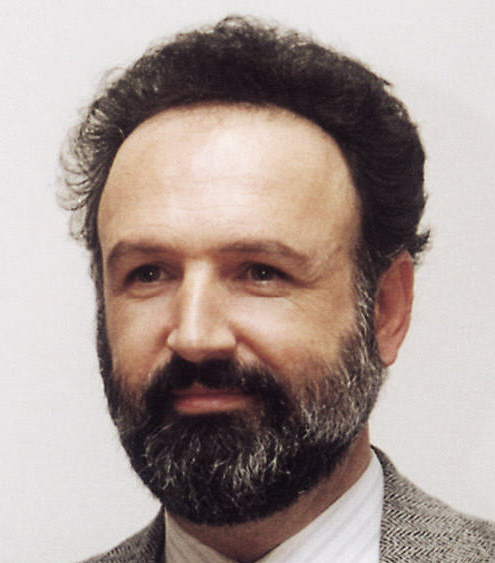
George C. Polyzos, Professor of Computer Science at AUEB, founded and is leading the Mobile Multimedia Laboratory (MMlab). Previously, he was Professor of Computer Science and Engineering at the University of California, San Diego, where he was co-director of the Computer Systems Laboratory, member of the Steering Committee of the Center for Wireless Communications, and Senior Fellow of the San Diego Supercomputer Center. After joining UCSD he focused his research on Internet based multimedia with emphasis on multimedia dissemination, automatic media adaptation and addressing heterogeneity. More recently, Prof. Polyzos and the MMlab participated in the FP7 projects PSIRP and PURSUIT that developed the Information-Centric Networking (ICN) Publish-Subscribe Internet (PSI) architecture and the ESA-funded project φSAT, which investigated “The Role of Satellite in Future Internet Services,” and he co-authored a comprehensive survey article on ICN. Prof. Polyzos was also an organizer of the EIFFEL Think Tank, on the Steering Board of the Euro-NF Network of Excellence and head of its “Socio-Economic Aspects” and “Trust, Privacy and Security” joint research activities. His current research projects include MusiNet, a comprehensive design and implementation of a Networked Music performance system; I-CAN, on Information-Centric future mobile and wireless Access Networks; and the H2020 project POINT: IP Over ICN—the betTer IP? Dr. Polyzos received his Diploma in EE from the National Technical University, Athens, Greece and his M.A.Sc. in EE and Ph.D. in CS from the University of Toronto. He has published more than 200 refereed papers with more than 6100 citations. He has also advised 15 PhDs (8@UCSD, 7@AUEB) having now academic or industrial positions in the US or Europe. Dr. Polyzos has been reviewer or panelist for many research funding agencies, including the European Commission, the US NSF, the California MICRO program, the Swiss NSF, the European ERA-Net, and the Greek GSRT; he has also been on the editorial board and guest editor for scientific journals, on the program committees of many conferences and workshops and is currently the chair of the Steering Committee of the ACM SIGCOMM conference on Information-Centric Networking and on the Steering Committee of the Wireless and Mobile Networking Conference, WG 6.8, IFIP TC6. His current research interests include mobile multimedia communications, Internet architecture and protocols, ubiquitous computing, security and privacy, wireless networks, and performance evaluation of computer and communications systems. CV: http://mm.aueb.gr/~polyzos/CV-EN.pdf
Topic of Keynote: Information-Centric Networking for Multimedia Dissemination
 Keynote Abstract
Keynote Abstract
-
MVML'15 Keynote Speakers:
Dr. Daniel Borrajo
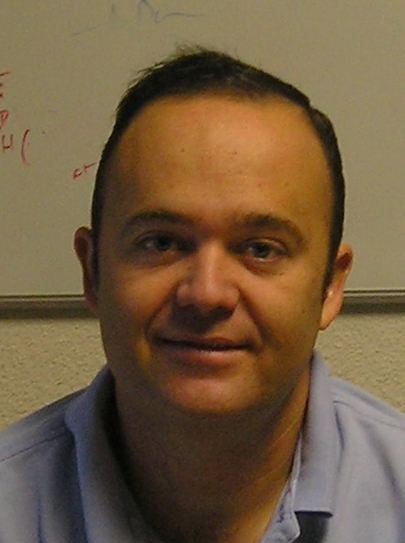
Daniel Borrajo is a University Professor of Computer Science at Universidad Carlos III de Madrid (UC3M) since 1998, and previously Associate Professor at UC3M and Universidad Polit´ecnica de Madrid (UPM). He received his PhD in Computer Science from UPM in 1990 and a B.S. in Computer Science from UPM. He has published over 200 journal and conference papers mainly in the fields of machine learning and problem solving (including automated planning). Dr. Borrajo’s research interests lie in the development of cognitive systems that are able to generate long-term deliberation efficiently and learn to improve future problem solving episodes. He has been co-chair of ICAPS’13, ICAPS’06 and ECP’01.
Topic of Keynote: Activity Recognition Meets Automated Planning
 Keynote Abstract
Keynote Abstract
Dr. Virginio Cantoni
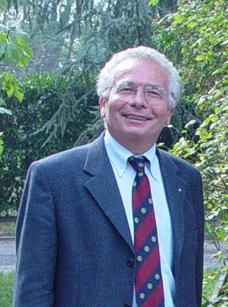
Virginio Cantoni is a Full Professor in Computer Engineering at the University of Pavia and former Dean of the Faculty of Engineering. In the period 2008-2011 he has been seconded to the Centro Linceo 'Beniamino Segre' of the Accademia dei Lincei. He is the founder and first Director of the University of Pavia's European School of Advanced Studies in Media Science and Technology and former Director of the Interdepartmental Centre for Cognitive Science. His research activity is concerned with pattern recognition and parallel architectures for image processing and computer vision. He is author or co-author of more than 280 journal, conference papers and book chapters as well as editor or co-editor of 30 books and co-author of three books on Pyramidal Architectures for Computer Vision, 3C Vision: cues, contexts and channels and Alessandro Volta – The 1878 Celebrations at the University of Pavia. He has organized many International Conferences, Seminars and Workshops including a NATO Advanced Research Workshop on pyramidal systems for computer vision. An Expert and Project Reviewer for the EU Commission, he became a Fellow of the IAPR in 1994 and Fellow of the IEEE in 1997.
Topic of Keynote: Eye Tracking as a Perceptive Interface and Assistive Technology
 Keynote Abstract
Keynote Abstract
-
ICBES'15 Keynote Speakers:
Dr. Sam Mil'shtein
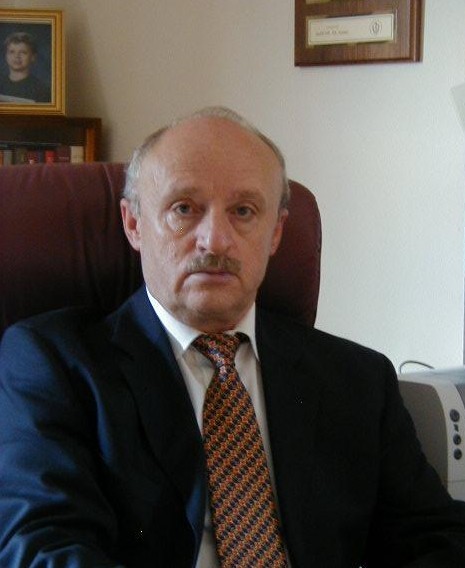
Dr. Samson Mil’shtein is a full Professor of Electrical and Computer Engineering of University of Massachusetts at Lowell since 1987. From 1990 he is the director of the Advanced Electronic Technology Center at UMass. During 1998-1999 he served as Assistant Dean of Engineering for Research, UMass, Lowell, MA.
He received his M. Sc. Degree in Semiconductors from State University of Odessa (Ukraine), and Ph. D. from University of Jerusalem (Israel). At age 23 he was the youngest professor of Semiconductor Electronics Department, Polytechnic College of Kherson (Ukraine). Dr. Mil’shtein worked for semiconductor companies in Russia and the USA, was teaching at Russian and Israeli Colleges, served as research fellow in Russian Academy of Sciences and at AT&T Bell Laboratories.
Working as a member of the research staff with the Institute of Solid State Physics, Russian Academy of Science, he received in 1971 the first prize of ISSP of the Academy for the discovery of dislocation based p-n junctions in Si and Ge. This discovery led to the design of the “Smallest Transistor” with the extremely short channel.
His publication list carries over 260 publications, patents, and conference presentations. His current research work covers high speed quantum electronics, design of solar sell systems, imaging systems for biometrics and medical engineering applications.Topic of Keynote: Contactless Fingerprinting and Near Field Communication Technology
 Keynote Abstract
Keynote Abstract
Dr. Robert Rohling
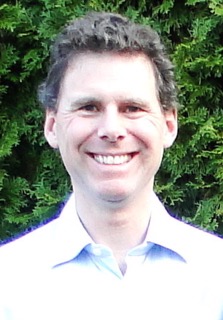
Robert Rohling is a Professor at the University of British Columbia (UBC) with appointments in Electrical & Computer Engineering, Mechanical Engineering and Urologic Sciences. He started work on 3D ultrasound imaging at Cambridge University for his doctoral studies and has continued this work at McKesson Medical Imaging, then at UBC. His primary interests are in interventional ultrasound, including ultrasound-guided anesthesia, surgery, and biopsy. He also has research directions in diagnostic ultrasound, including elastography for cancer imaging and machine learning for cardiac imaging. He is a Senior Member of the IEEE, a member of DICOM multi-dimensional interchange, and coordinator of the Biomedical Engineering option at UBC. He has published nearly 100 journal articles on these subjects and has licensed ultrasound technology to industry. He is the winner of the Killam Teaching Prize, the NSERC Synergy award, and several best-paper awards at international conferences.
Topic of Keynote: Eye Interventional Ultrasound
 Keynote Abstract
Keynote Abstract
-
EEE'15 Keynote Speakers:
Dr. Benjamin Iñiguez
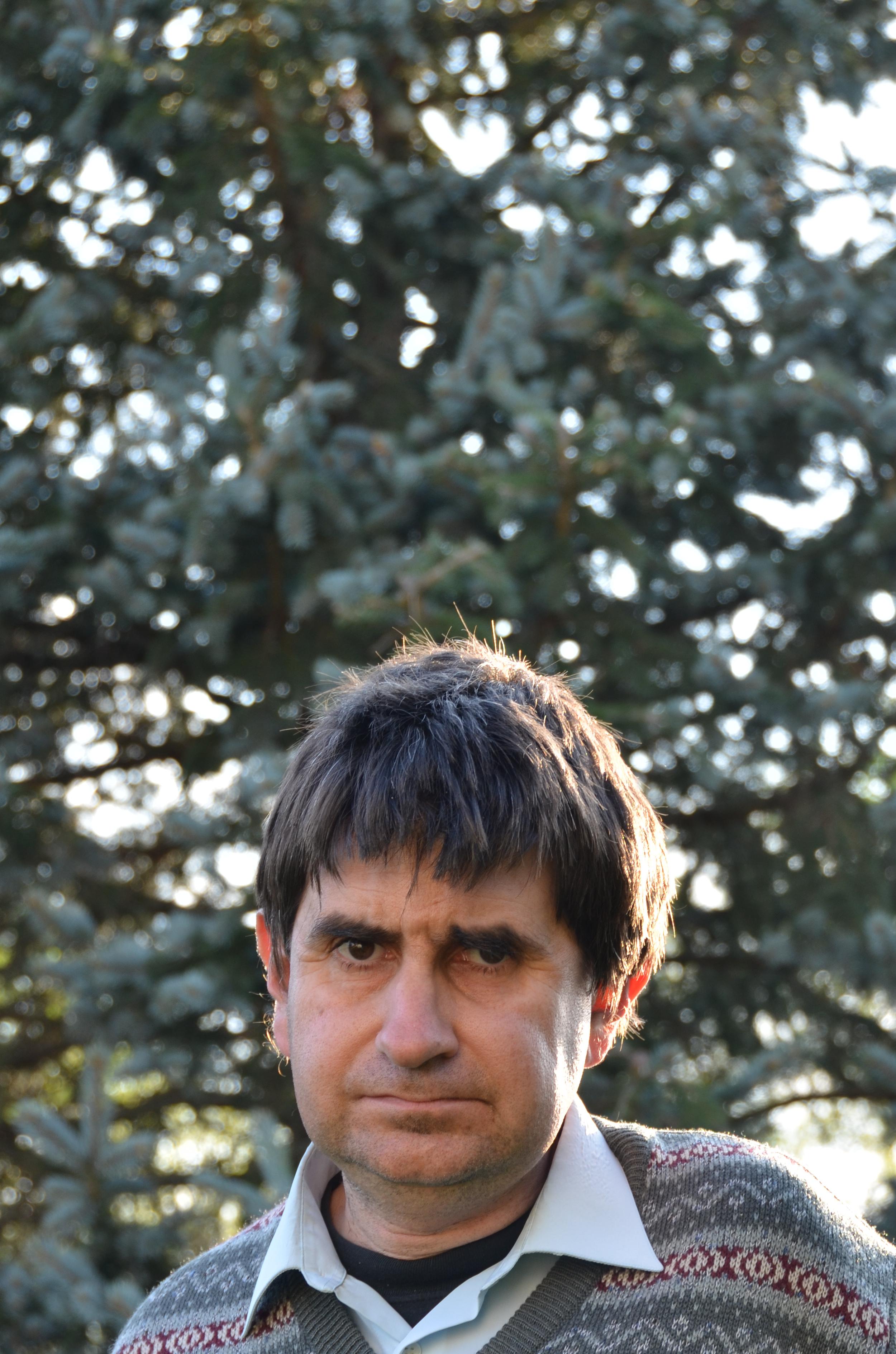
Benjamin Iñiguez was born in Palma in 1969. Heobtained the Ph D. in Physics from the Universitatde les Illes Balears in 1996. His doctoral thesis targeted the analytical modeling of smallgeometryMOSFETs. He worked as a postdoctoralresearcher at the Rensselaer Polytechnic Institute(Troy, NY), and at the Université catholique deLouvain (Louvain-la-Neuve, Belgium), where hewas a Marie Curie Grant Holder during 24 months.In 2001 he joined, as a Titular Professor theDepartment of Electronic, Electrical andAutomatic Control at the Universitat Rovira iVirgili (URV, Tarragona), where he was promoted toFull Professor in 2010. In 2004 he received theDistinction from the Generalitat de Catalunya forthe Promotion of University Research, in thecategory of Young Researchers and the ICREA Academia Award in 2008 and 2013 . He has coordinated oneFP7 EU-funded project, targetingthe compact modeling of high performanceelectron devices, and he participated, as teamleader, in four more FP6 or FP7 EU projects. He is currently coordinating one H2020 EU-funded project addressing the compact modeling of organic and amorphous oxide TFTs. He has published more than 110 papers in international journals.
Topic of Keynote: Compact modeling of Thin-Film Transistors for Flexible and Large Area Electronics
